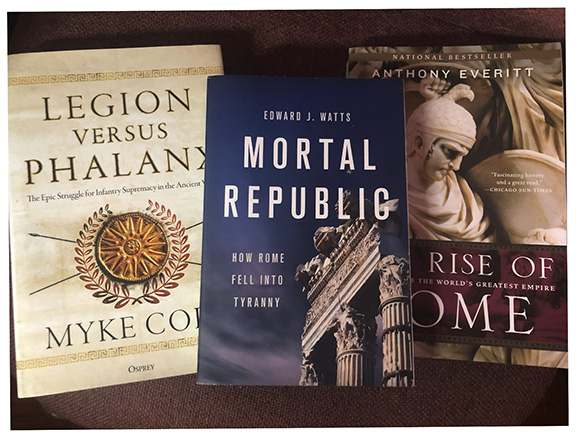But Is It Art?
Every day I listen to (or even read) opinion pieces on AI art, opposing or defending. It always reminds me of the Kipling poem. Kipling, by the way, in this same poem, came up with quite the most interesting take on the Fall of Babel as I've seen. They builded a tower to shiver the sky and wrench the stars apart, Till the Devil grunted behind the bricks: "It's striking, but is it Art?" The stone was dropped by the quarry-side, and the idle derrick swung, While each man talked of the aims of art, and each in an alien tongue. Yes, that's right. The entire Tower of Babel was brought down by art critics. We should add a verse for today: They taught the engines brush and pen, and fed them hues and lore, And bade them paint the birth of gods, and build new myths once more. And some cried, “Cold!” and others, “Cool!”—and argued from the heart. While the Devil prompted them, “It’s AI… but is it Art?”


